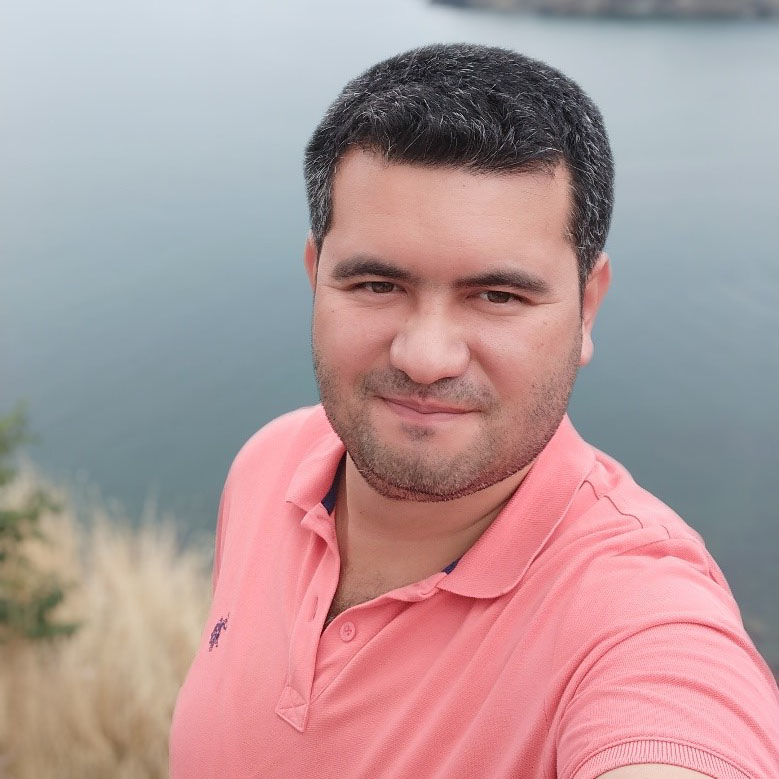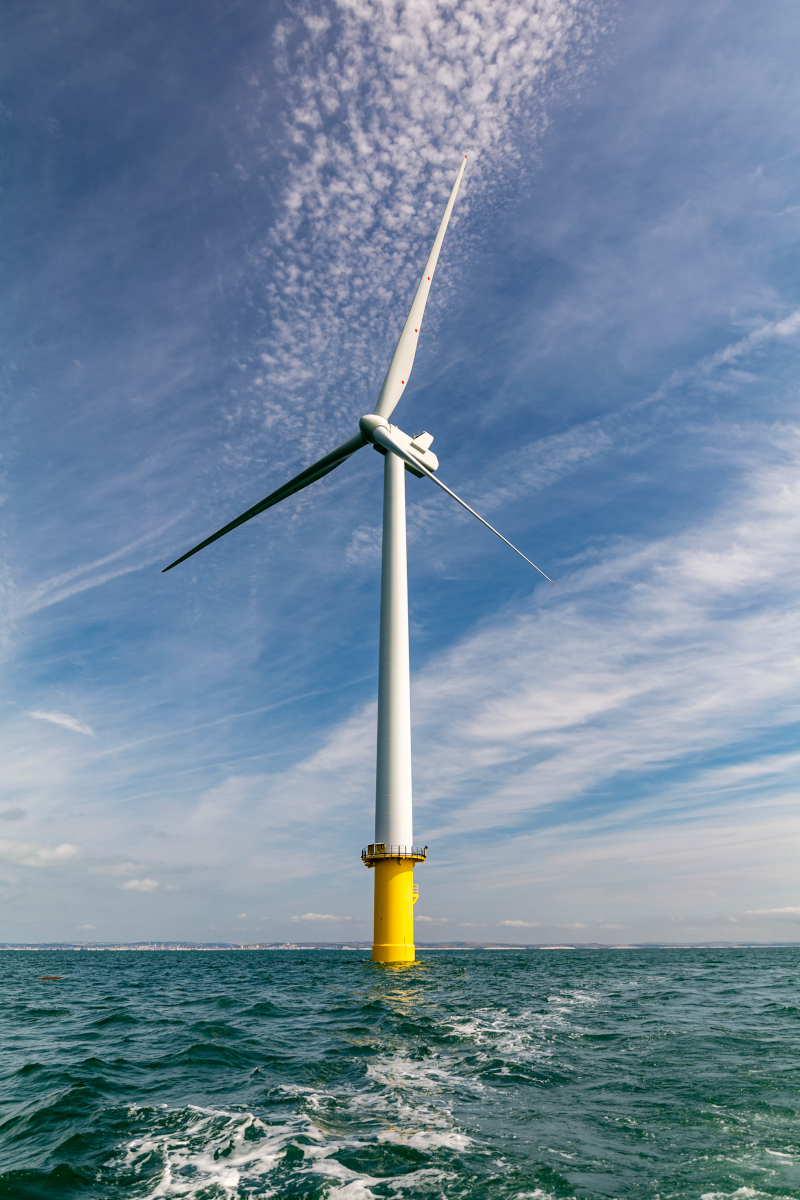Oguzhan Aydore from Turkey, is studying an MSc in our Department Of Naval Architecture, Ocean & Marine Engineering. Find out what he enjoys about Strathclyde...
Tell us a little about your background before coming to NAOME
Before deciding to pursue an engineering master’s, I practiced my engineering career in 18 defence/commercial projects, a total of 44 ships/boats worldwide within € 2B budget since 2008, and this much of experience did not satisfy my hunger for new things.
Why did you choose to study at NAOME?
I searched several universities worldwide to realise my dream of updating myself, and after a careful search, I had started talking to Strathclyde where the “useful learning” really exists. The University of Strathclyde is strategically positioned in a technology hub across the UK and Europe. Glasgow city is a pioneering city in the UK’s shipbuilding, renewables and maritime sectors.
Strathclyde has direct and long-lasting connections between the industry, which is a serious necessity for engineering candidates or professionals
NAOME department is not just limited to shipbuilding. It covers a wide range and the most promising developments across the UK and Europe, such as renewable energy and autonomous technologies. NAOME dept in Strathclyde is very up to date in terms of their lecturers, industry-supported premises such as simulation laboratories, towing tank and even a sailing yacht. That’s why Strathclyde NAOME dept is always in the top 10 in Europe.
Where are you currently working and what does your role involve?
I am proud that I was hired by Ferguson Marine, a non-departmental public body and owned by the Scottish Government, to perform the Lead Naval Architect role. My job description covers a wide range of activities such as naval architectural deliverables of the projects, effective communication internally and externally, developing strategies for skills building and coordinate day to day tasks for our company and stakeholders. Currently, we focus on the delivery of the LNG propelled ferries for inland waters Scotland. Apart from that, we are manufacturing several boats for Scottish fish farm industries and cooperating with several parties to use an environmentally friendly form of hydrogen as a fuel for a commercial ferry operating between Shapinsay and Kirkwall in Orkney.
How did studying with NAOME provide you with the opportunity to begin or further your career?
Well, my case is not definitely a fresh starter case, however, it is tangible proof of determination to pursue an engineering masters after several years of industrial experience. The UK is the pivot point of international shipping and maritime technologies since the 19th century and the naval architecture career is a well-respected area of expertise. Despite the fluctuations in the last 3 decades in the shipbuilding business in the UK, the country kept the earned values by combining them with different industries such as renewables or oil-gas. By participating in NAOME masters in Strathclyde, I had an overall update for my skills which might have been rusted within years and made me practice with new skills in terms of advanced structures, applied hydrodynamics, advanced material sciences and a direct cooperation with an industrial pioneer during the dissertation project. So, such skills make you one of the best candidates in the area and paves the ways to be headhunted.
Have you faced or overcome any challenges or obstacles in the pursuit of your studies and/or career?
It was obviously a challenging year of 2020 and we have faced the global pandemic. All countries are still doing their best to overcome the situation. Accordingly, everyone was limited with COVID 19 measures implemented by many governments in the earlier stage. So, it had various impacts and many priorities had changed during the March 2020-August 2020 period. Everyone has developed action plans for dealing with the pandemic. As an engineer, we are problem-solving professionals, so to say, naturally react to adapt changes and challenges by finding solutions to them rather than complaining. So, I had a chance to focus on my studies and it helped me to graduate with a distinction degree in that circumstances.
What have been the highlights of your course to date?
Overviewing my skills and keep up to date myself along with new technologies and techniques were a benefit for me. For instance, the university’s labs provided me with a range of software and made it possible to compare them efficiently, which is not so possible in industry whilst doing your day-to-day actions. Also, the curriculum was very comprehensive and target oriented, so I absorbed as much as possible rather than scoring the results. Meantime, I had attended various seminars provided by lecturers and industries and engineering chambers which is significantly important.
What advice would you give to a current NAOME student?
My advice would be more like understanding what they are doing, all course contents are very relevant to our industrial challenges. Being an engineer does not mean just focusing on the courses, also it needs an omnidirectional approach to overcome life matters, such as keeping mentally and physically healthy, collaborative with peers and lecturers, following new trends in technology etc. Being a member of an engineering chamber is very critical and taking a role would give a significant advantage before a professional career.
What would you consider your greatest success and did NAOME contribute to such success?
My dissertation was very challenging for me due to the learning curve of new subjects like turbulence calculations and their impact on fatigue life of as-built offshore structures. It required a full dedication to determine the action plan to overcome the steps and using the engineering tools efficiently. It wasn’t easy, I had to learn many things in a few months and put into practice them, but I am proud that I did my best and successfully graduated with distinction.


